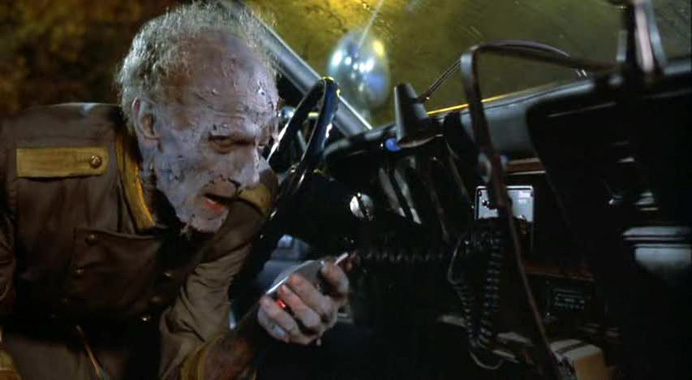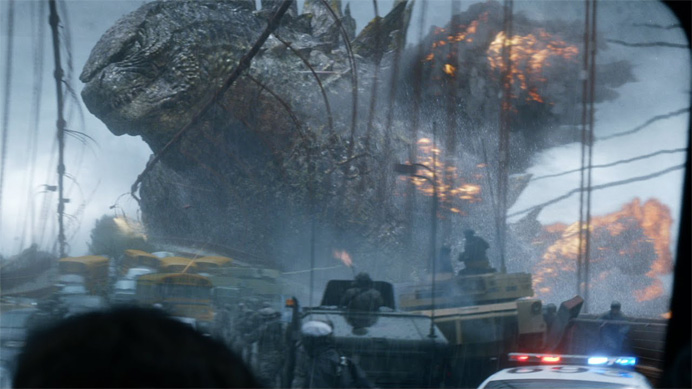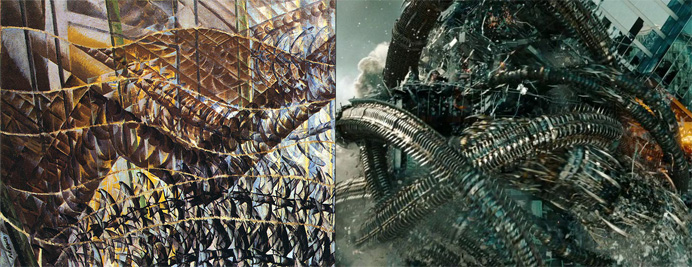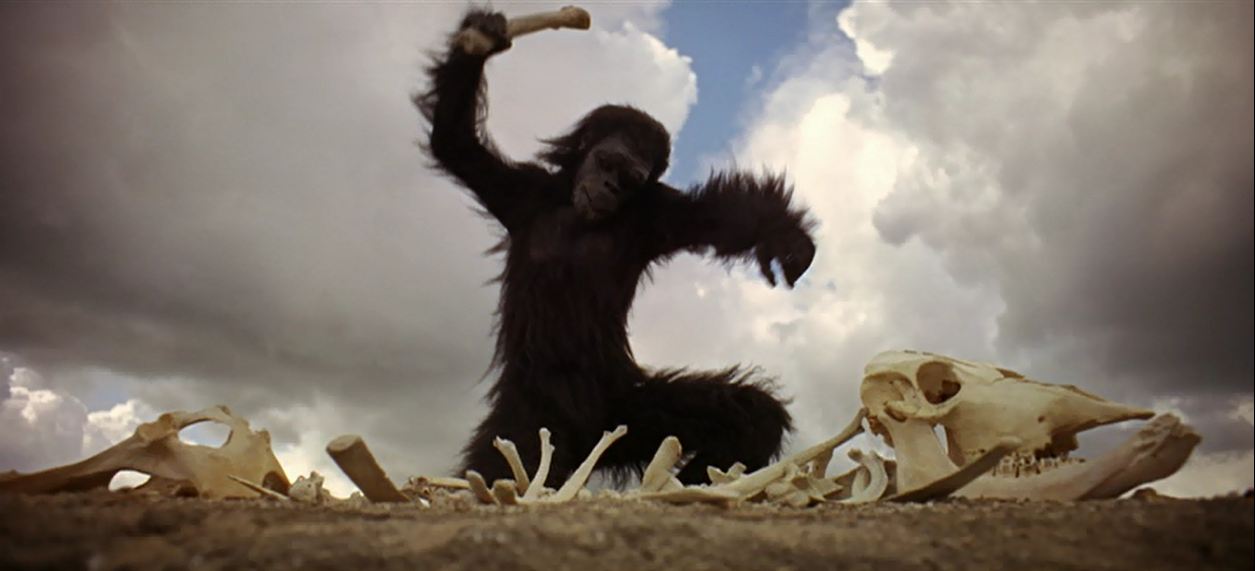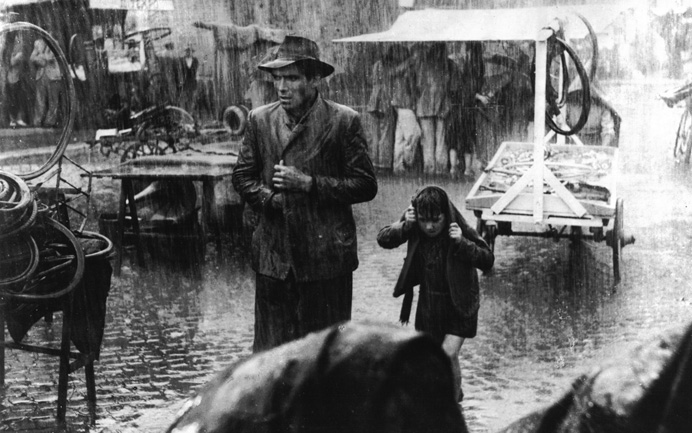
As far back as human civilization can be traced, there have been stories about the end of the world. The Norse had Ragnarok, Christianity has the Rapture, and the Mayans had 2012.
Some have argued film as a form of modern mythology, and as anyone who has been to a movie theater in the past decade or so can tell you, modern film is chock full of apocalyptic stories. It’s only right—every mythology needs its ‘end of times’ tales. They tell a lot about the culture that produced them: what their fears were, and how they perceived death.
Continue reading ‘Bicycle Thieves’ and Other Apocalyptic Movies
